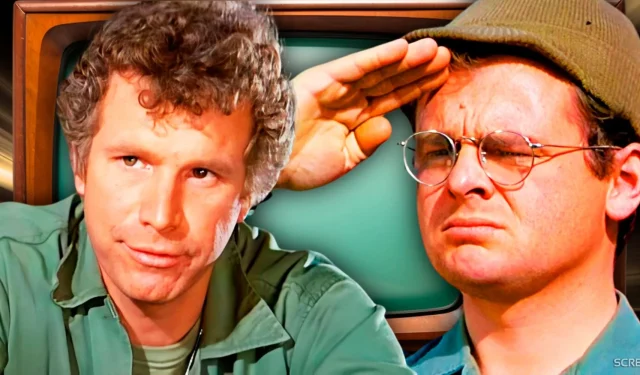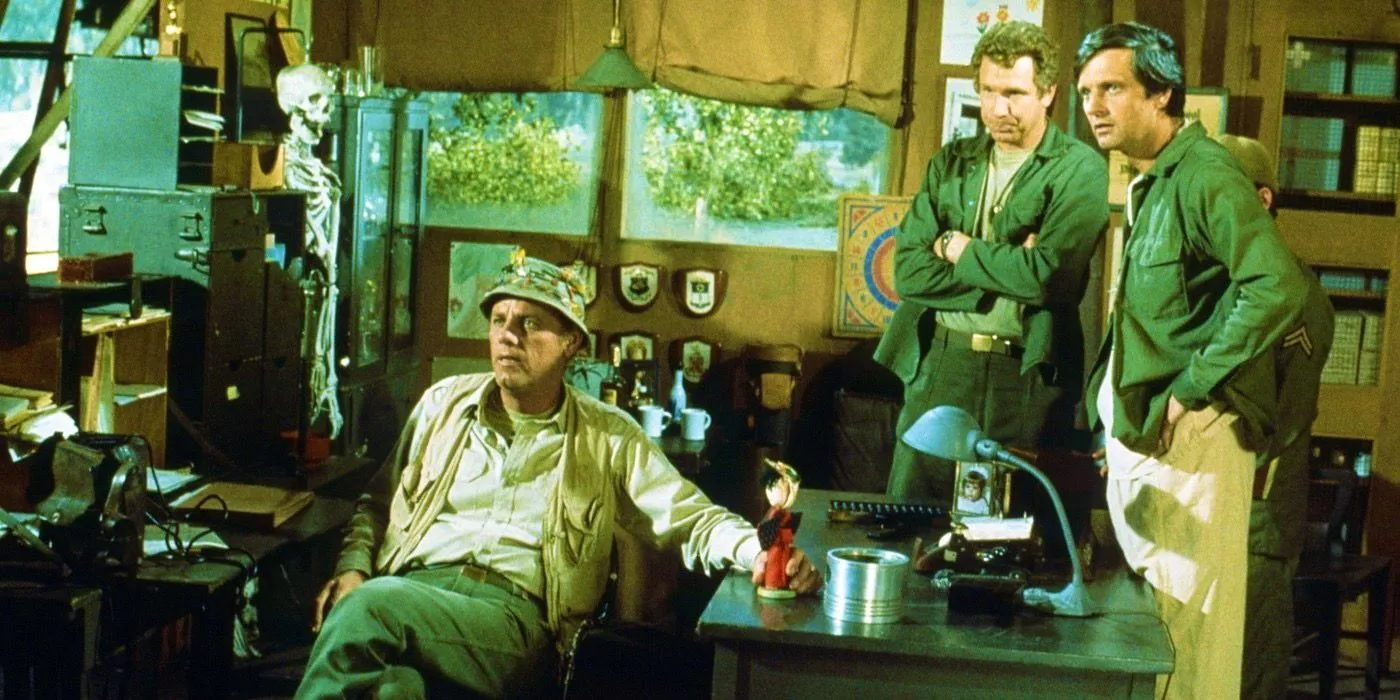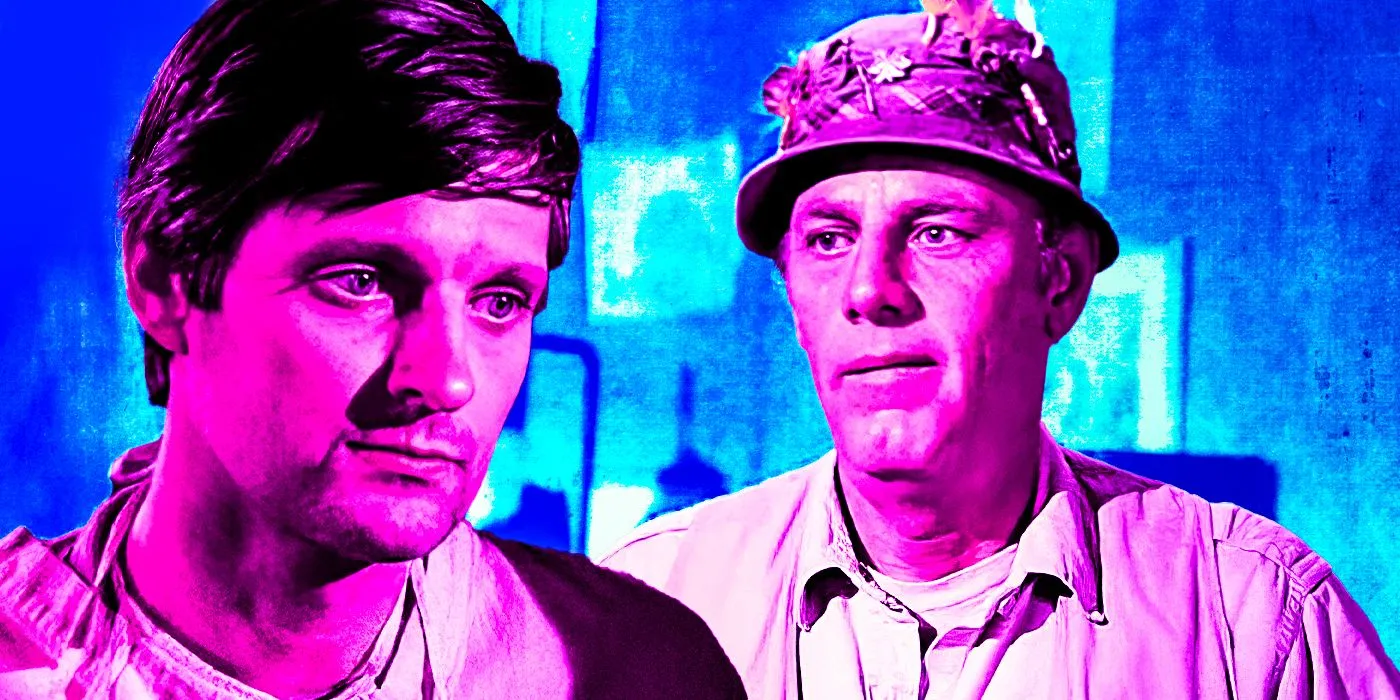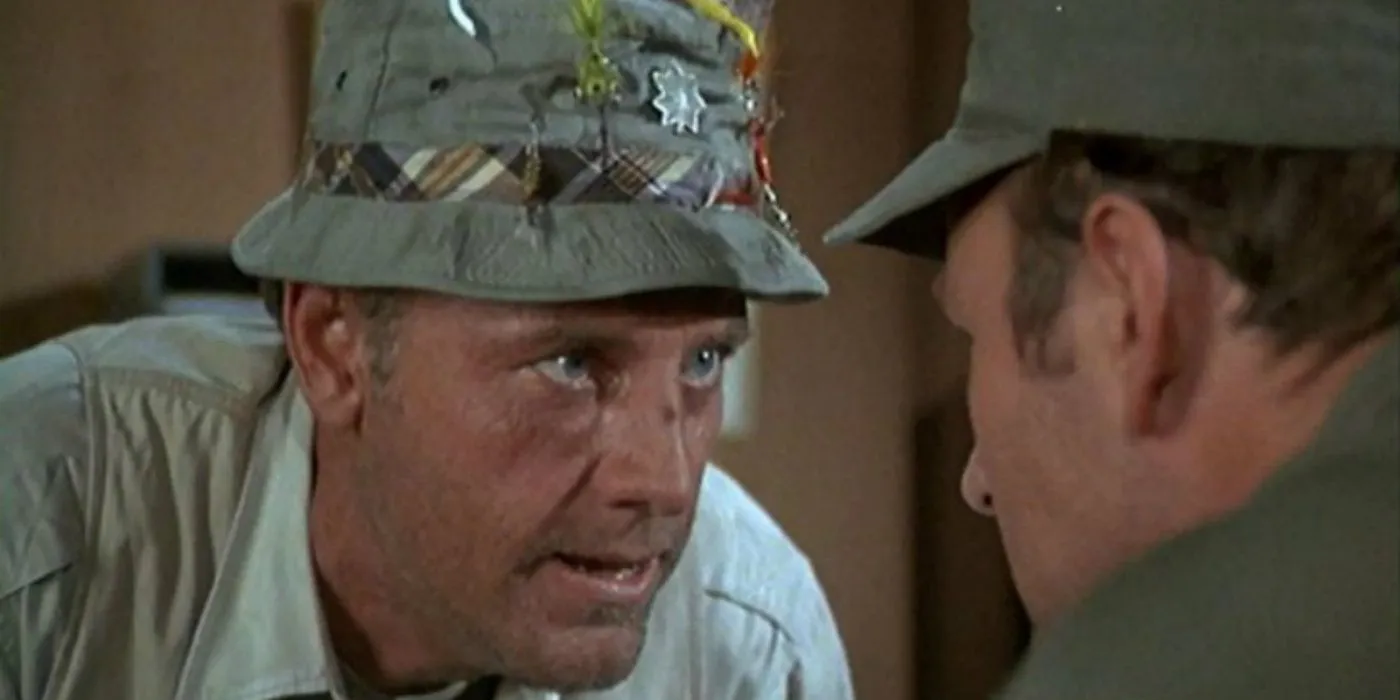
McLean Stevenson: A Regretted Departure from MASH
McLean Stevenson’s exit from MASH during its third season is a decision he later came to regret, even though his character’s tragic death became an iconic moment in American television. While various actors departed from the show in its early years, this frequent turnover allowed the series to introduce new characters, keeping the dynamics invigorating. The episode “Abyssinia, Henry”significantly marked MASH’s narrative landscape, showcasing not only the shocking end of Henry Blake (played by Stevenson) but also the farewell of Wayne Rogers’ Trapper.
Stevenson’s Struggles Post-MASH

Despite MASH running for 11 seasons and continuing to gain popularity, Stevenson’s departure came relatively early in the show’s trajectory. The series soon welcomed Harry Morgan as Colonel Potter and Mike Farrell as B.J. Hunnicutt, maintaining its status as a television powerhouse. Unfortunately for Stevenson, his post-MASH endeavors faltered. His sitcom, The McLean Stevenson Show, premiered with high expectations in 1976 but was canceled before completing its freshman season.
Stevenson followed this with another quick cancellation, In The Beginning. While his show Hello, Larry aired for two seasons, it was met with dismal reviews and criticism. The media often ridiculed his choice to leave MASH for less successful sitcoms. Although he remained active in the entertainment industry, Stevenson later expressed deep regret over his departure from such a pivotal role, as detailed in the 1991 retrospective, Memories of MASH.
The mistake was that I thought everybody in America loved McLean Stevenson. That was not the case. Everybody loved Henry Blake. So if you go and do ‘The McLean Stevenson Show,’ nobody cares about McLean Stevenson.
The Early Exit: Factors Behind Stevenson’s Departure
NBC’s Tempting Offer

In hindsight, Stevenson’s choice to leave MASH seems misguided. However, in 1975, the rationale behind it was compelling. Writer Mark Evanier recounted a reflective conversation with Stevenson, during which the actor elaborated on his motivations. At that time, Stevenson had become a regular guest host for The Tonight Show with Johnny Carson, leading him to believe he might take over as Carson’s successor when the latter eventually stepped down.
Frustration with the show’s production complexities—a lack of salary increase and what Stevenson interpreted as disregard from executives—also contributed to his decision. He felt disillusioned as his character, though promised a more prominent role, remained a supporting figure. Thus, when NBC presented a lucrative contract, he seized the opportunity to step away from MASH.
The Groundbreaking Death of Henry Blake
A Pivotal Scene in Television History

In the contemporary television space, character fatalities are common; however, the murder of major characters was virtually unheard of in the 1970s. Lieutenant Colonel Henry Blake’s death in MASH, portrayed as the plane carrying him back home being shot down, was revolutionary for its time. This event not only shocked the audience but also served a critical narrative function.
The tragic demise of Blake encapsulated the unpredictability and harsh realities of war, serving as MASH’s ultimate anti-war statement. This emotional and groundbreaking narrative moment illustrates that good people can meet sudden and untimely ends. Even if Stevenson harbored regrets about his decision, it played a significant role in shaping one of television’s most memorable and impactful scenes.
For further reading on McLean Stevenson’s career and reflections, visit The LA Times and News From ME.
Explore more about McLean Stevenson’s journey and impact on television here.

Leave a Reply